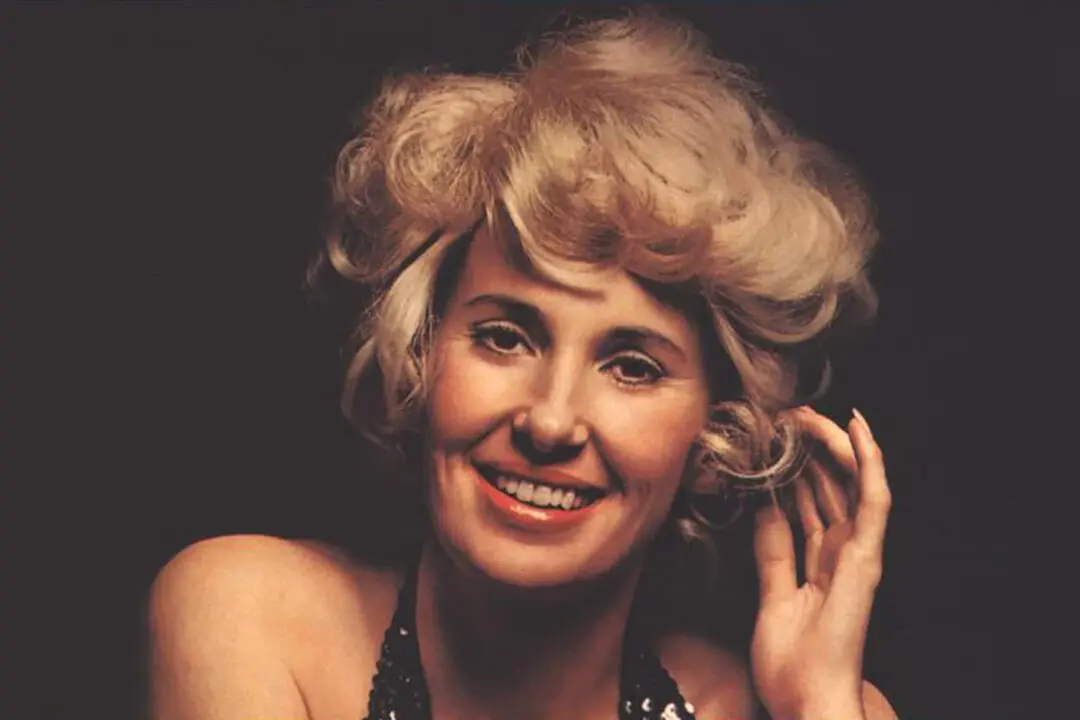Bluegrass singer-songwriter and guitarist Molly Tuttle recently took home Album of the Year at the International Bluegrass Music Association awards show for her 2023 album, “City of Gold.” The project explores California’s rich history, in particular, the thrilling tales of the state’s gold rush years. Tuttle relates these stories to her own adventures as a touring musician.
Tuttle is currently on tour supporting the album and other recent music. The inspiration for “City of Gold” traces all the way back to Tuttle’s childhood years. As a young girl, she took a field trip that she’d never forget to the small town of Coloma, California. Now a historic site, the town played a pivotal role in kicking off the California gold rush frenzy.





